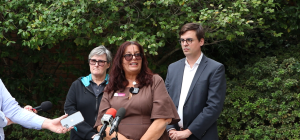Healthy development in the Early Years not only provides the building blocks for individual educational achievement, but also the positive future of Western Australia’s economic productivity, responsible citizenship and strong healthy communities. It is critical in lifelong health and the successful parenting of the next generation.
The nexus between neuroscience and child development has created ideal conditions for a developing interest and engagement in self-regulation. Central to this work is Dr Stuart Shanker who was appointed by the Commissioner for Children and Young People as her 2012 Thinker in Residence, and returns to Perth in February with Colleague Mike McKay.
Self-regulation is a critical component in early childhood development and children, especially those at risk, who may begin their schooling years lacking self-regulation. This can have an impact on how well they do, not only in school but also later in life.
Since Stuart’s last visit, people across a range of sectors have been talking about how we might continue the work he initiated, provide opportunities for professional development for practitioners and undertake further work with Stuart and his colleagues in a more in-depth fashion around self-regulation.
The community services sector has been calling for greater attention and investment in the early years in Western Australia, and to practice what we preach, a group of organisations have taken an active lead in driving the implementation of the self-regulation initiative in Western Australia by planning and hosting the visit from Dr Shanker.
We believe that an in depth working knowledge of self-regulation by professionals within the Early Years sectors will create benefits, not only to the individual child, but a lifelong positive impact on society itself. This is why we have planned this program of events for ten days in February for all early childhood professionals, including early childhood educators, to have the opportunity to learn and apply techniques that assist children to develop self-regulation.
The theory and aims of Self-Regulation dovetails with the Early Years Learning Framework allowing for educators to think more holistically about children’s behaviour and development. Children learn to regulate their emotions by watching the adults in their life. If a child comes from a family environment with many stressors educators and carers can become important role models. When children see educators and carers effectively regulate their own emotions and actions, it helps them to learn how to manage their own feelings and behaviours.
Understanding the developmental indicators in children’s capacity to self-regulate gives educators the tools to work more effectively with “challenging behaviours” they observe in the centre or classroom. A positive response to stress is one of the key indicators a child has learnt to regulate their emotions and behaviours. When carers or educators are observant and attend sensitively children learn how to regulate their feelings and behaviour in stressful situations.
The community sector delivers a diverse range of services to families, and regularly identifies many parents that need support to manage challenging behaviours of their children. They have often tried many strategies that were unsuccessful in addressing their child’s behavioural issues and they are looking for alternative strategies to assist their child and make their family life less stressful.
These behaviours can often contribute to a child having low self-esteem and finding it difficult to make friends. It often impacts on their potential to engage in positive learning experiences and in turn, on their capacity to reach their full potential as adults.
It is broadly accepted that investment in the early years is vitally important and pays a profound social and economic dividend. 80% of the brains connections are made in the first three years – it’s when we learn to use our senses, language, socialisation and emotional control. Dr Shanker’s work on self-regulation in early childhood, and in particular the impact of stress on the ability of individuals to learn and thrive, has the potential to influence a range of early education and care settings in WA. As strong advocates for evidence-based practice, we look forward to learning and sharing with Dr Shanker and colleague Mike McKay.
We anticipate that one of the outcomes of this work in Perth will be the development of a practice network of interested and committed practitioners linked into the self-regulation initiative and a similar network in Canada to improve development outcomes for Western Australian children.
Christine Baker, Executive Manager Wanslea
Irina Cattalini, CEO WA Council of Social Service
Basil Hannah, CEO Parkerville Children Services
Martine Pitt, CEO Communicare
Ashely Reid, CEO Ngala
Dawson Ruhl, CEO Child Australia
International Experts Dr Stuart Shanker and Mike McKay will be presenting on the SelfRegulation Initiative at a number of seminars between Monday 3rd February and Thursday 13th February.
Five community sector organisations have been involved in planning this initiative with WACOSS – Parkerville, Child Australia, Communicare, Wanslea and Ngala. As well, Woodside has been a corporate partner, and a number of government agencies have provided sponsorship – the Departments of Health, Education, Local Government and Communities, Child Protection and Family Support, Mental Health Commission and the Commissioner for Children and Young People. Information about the program can be found here http://www.wacoss.org.au/Shanker2014.aspx
To download a PDF of this media release, please click here.



